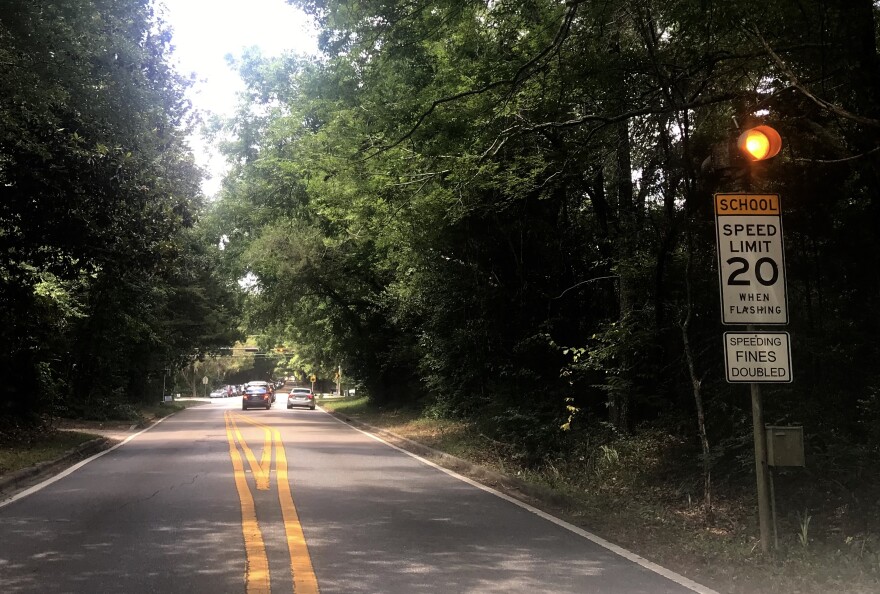The House version of the choice consolidation plan eliminates the Gardiner and McKay Scholarship programs for students with disabilities. Those students would still receive their scholarships, just through a different program. Rep. Anna Eskamani (D-Orlando) says she’s been getting emails from worried parents.
“A lot of families have asked to remove that part of that bill, so I would appreciate your comments on it," Eskamani said to Fine.
“If you are a Gardiner scholarship recipient…you’d get exactly what you’re getting right now with one exception. Many students in the Gardiner scholarship program will get thousands of dollars more next year than they have in the past," Fine said.
The Senate plan is significantly different. It would merge the Gardiner and McKay scholarships together, but leave the programs intact. It also takes the other three programs and consolidates them into one—effectively taking five different school choice programs down to two. Fine's bill keeps only three choice programs in place: the Hope Scholarship for bullied students, the Family Empowerment Scholarship and the Corporate Tax Credit Scholarship. Students with disabilities would be folded into the empowerment program. The House proposal also taps money set aside for transportation and teacher raises. Private schools don’t have to provide either. That’s an issue for Democrats.
"The principle behind the bill is that the funds follow the student," Fine said, "and if the parent of that student…decides that a government-run or charter school is not the right option…that they get the full amount of funding that we have allocated to educate that child.”
During debate over the House proposal, Democrats floated a series of amendments. All were shot down. Currently, the state uses corporate tax donations to fund most of its choice programs. The programs help families afford private schools or homeschooling.
Previous lawsuits over choice programs have been predicated on the idea that the state is using money that otherwise would have gone to public schools to instead fund a private system of education. This year, the legislature hopes to change how those programs are funded. Under the proposals, the state would be using actual public dollars to fund school choice. Democratic Rep. Ben Diamond says if the state is going to give private schools state money, those schools should be held to similar standards as public schools.
"Let’s be intellectually honest here," he said. " If we’re going to use public money in this way, let's make sure there’s accountability and transparency.”
But Fine disagrees with Diamond's premise. “Your view on this is based on a certain supposition—do you think parents are intelligent or not? No parent is forced to send their child to one of these schools. That’s the ultimate accountability.”
Both House and Senate plans decrease the number of programs but open them up to more students and also increase funding levels. The two sides still need to reconcile their proposals.



